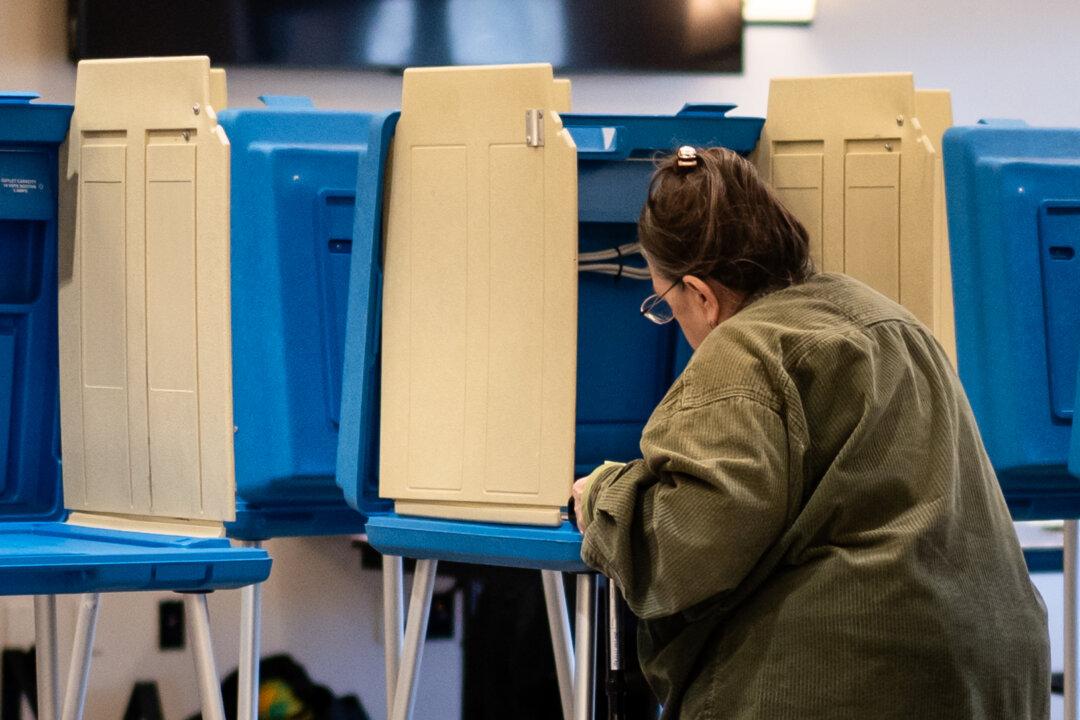Wisconsin voters approved a ballot measure on April 1 that enshrines in the state Constitution the requirement for photo identification in order to cast a ballot.
Approximately 63 percent of voters supported the ballot measure, while about 37 percent voted against it, according to an unofficial tally by The Associated Press.





